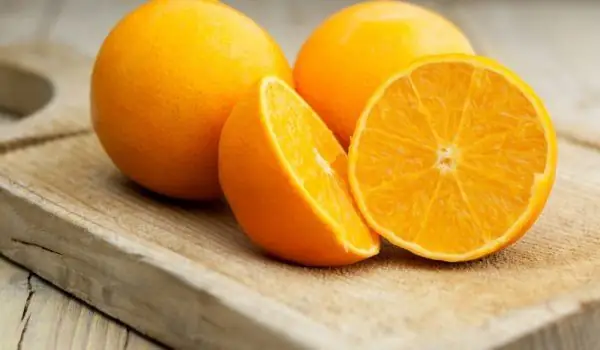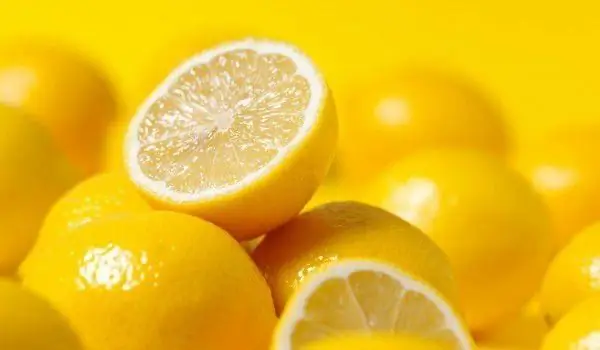2025 Author: Jasmine Walkman | [email protected]. Last modified: 2025-01-23 10:18
GMO content is present not only in fruits and vegetables, but in a large part of the salamis offered on our markets, Lyubina Donkova from the Bulgarian Food Safety Agency told Telegraf.
The expert added that GMOs were also found in corn and soybean raw materials last year. Not a small part of the sausages they sell us are made from soy products. On top of that, monosodium glutamate can be found in most such sausages.
In 2014, 79 main products were tested on the market out of the planned 80. The goods were selected at random from the trade network, and their samples proved that they contained mutated substances.
However, no infringement was found, as the content was within the norms of 0.9%, which is the permissible threshold for GMO ingredients.
Such values do not even oblige manufacturers to indicate on the label that they have used genetically modified organisms.

GMOs should only be reported on a label with a content above 0.9%. According to the food law, the label must occupy 25% of the packaging and must be in a prominent place, with capital letters and a contrasting color.
This requirement has been in force since 2010, and before that producers largely avoided informing consumers that they were buying food with a high content of GMOs.
Unsuspectingly, we ate tons of mutated organisms every year, and the most modified food was corn, soy, canola, and rice.
The laws in the country allow the consumption of GMOs in small quantities, but on a regular basis. Manufacturers are also careful about the permissible content in products, because a label for GMOs will make their product unsaleable.
Lyubina Donkova clarifies that the inspections of the BFSA for the presence of GMOs in food are made every year, and their number depends on the registered violations in the previous year.
As the Food Agency does not have a testing laboratory, samples are sent to private institutions approved by public procurement.
Bulgarians on social networks immediately asked for the names of the inspected companies, but so far the BFSA has denied this information.
Recommended:
Our Character Determines Our Love Of Anger

Everyone loves to eat certain things more than others. Interestingly, what we prefer to eat may even determine our character, say US scientists. An American study claims that preferences for spicy foods are largely determined by people's character.
Oranges With Porcine Genes In Our Markets

Genetically modified oranges imported from Greece are offered on the markets in our country, Bulgaria Today warns. Citruses have added genes from pigs. The size is the first by which Greek oranges can be recognized. At first glance, they even look like grapefruits, say saleswomen in front of the daily.
Poisonous Lemons Have Slipped Into Our Markets

Dangerous lemons containing the toxic chemical Imazalil have slipped both on the markets in Bulgaria and on the markets in the other Balkan countries. Lemons are made in Turkey. But unlike other countries in the Balkans, where lemons are labeled as toxic, in our country they are sold without customers being warned of the dangers of consuming them.
Lemons Full Of Pesticides Are Found In Our Markets

The Bulgarian Food Safety Agency has found large quantities of Turkish lemons containing pesticides in excess of the permissible level. Dangerous fruits have been returned to our southern neighbor. The risk of falling on these lemons is minimal, the BFSA assures, as most of the dangerous goods are detained at the Turkish-Bulgarian border.
They Also Found Horse Mackerel In Our Country

Another product, distributed on the Bulgarian market, contains content of horse meat . One of the samples sent earlier this month for testing in a German laboratory showed a positive result for unregulated horse meat content. Inspectors from the Bulgarian Food Safety Agency (BFSA) report a meat product sazdarma, in which 5% content of horse meat which are not marked on the label.

